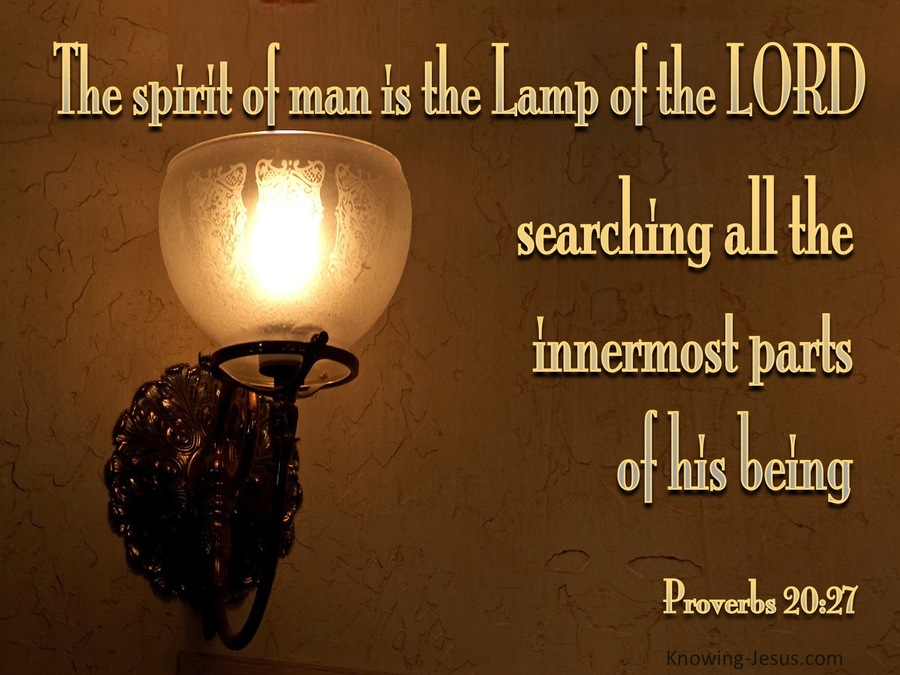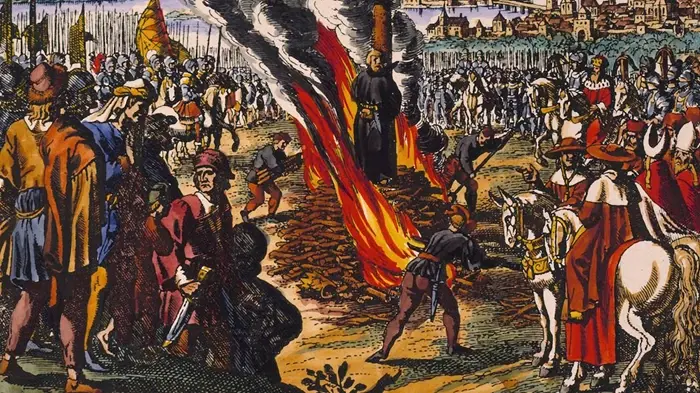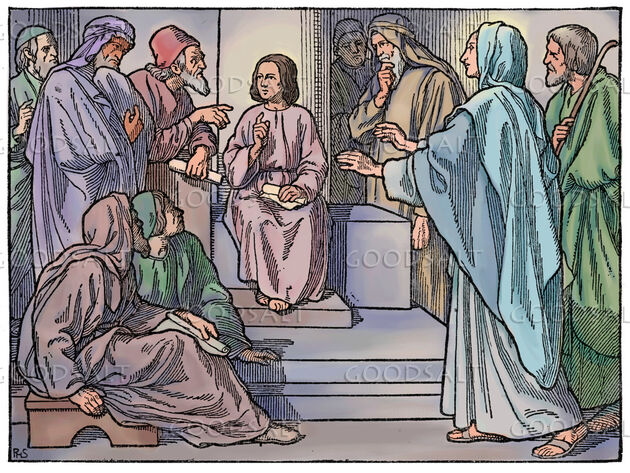Hiding behind Paradise/The new age to come to avoid transformation of character.
- C.Aamold

- Nov 6, 2024
- 6 min read
Updated: Aug 27
NOTE: I do not subscribe to any religion. I once believed in Masoretic Text translations until I dug deeper and came to a different conclusion during my search through Christian denominational teachings, their leaders, and the roots of how they started, while reading the Bible itself verse by verse a few times (many translations) or more to match up their beliefs to the spiritual book they claim to follow and believe in themselves. If you ask me what I believe, I would say what the scholarly census has agreed upon, even if the decision board doesn't agree with them because they're worried about the faith of humanity for what they were taught to believe despite it contradicting evidence. Anything I've studied, watched, read is added here to help you see how I got to this point to help others who are curious too.
I have been observing how churches or congregations influence behavior based on these beliefs.
Growing up spiritually, I realized that transformation is key to a fulfilling life now and in the future (here or wherever people think we are headed). The challenge was understanding how. My observations of certain congregations showed a focus on physical transformation—people-pleasing and obedience—missing the spiritual essence of evolving from hate to forgiveness. Many seem to expect guidance from others on this journey. Unfortunately, the leaders often fail to teach the true change of heart. The followers appear complacent, content with surface-level tasks like attending services, operating equipment, or performing acts of kindness without internal change. These actions alone have never lead to transformation even outside religious groups. And I've noticed that few leaders effectively guide their congregations in understanding this. They often have to remind their members to be kind and nonjudgmental, as the focus on tasks leads to comparisons and judgment, fostering anger and malice instead of growth.
The pastors and elders appear to be in a state of panic over losing control of their congregation. Over time, the strife that has been sown is becoming evident externally. It has been this way for quite some time. Upon reflection, it might be that this turmoil was the intended goal, possibly related to the concept of the harvest itself. That is if you were to think of the "spiritual war".
People often say, "God reads the heart," yet they seldom discuss what improves the heart. They acknowledge human imperfection, including their own in certain situations—situations they seem not to take responsibility for, preferring to stay as they are. They speak of being forgiven but are reluctant to forgive others or act remorseful. They express a desire for change, but when the opportunity arises, they fall back on the recurring excuse, "Well, I'm imperfect." It may just be my interpretation, but the message of their choice of spiritual book that resonates with me is, "Do better."
I observe people in pain, longing for a connection with each other, yet neither can confront the change needed to make it happen. What then is their hope? To have a second chance to get it right later? What then is this purpose of baptism? What was renounce alongside this Messiah the day of immersion in a watery grave? What do is forsaken? Is it not the shedding of former selves, the blackened heart, the symbolic "fleshly" selves, to begin transformation to "spiritual" selves? It began on that day... to eventually only be completed on "The Last Day," but what should be done in the meantime? Remain imperfect? Remain unforgiving and thus unforgiven (If I call a certain verse)? Then what was the point of baptism? Suddenly, Constantine's eleventh-hour baptism seems like a stroke of brilliance.
Matthew 6:14-15
For if you forgive men their trespasses, your heavenly Father will also forgive you. But if you do not forgive men their trespasses, neither will your Father forgive yours.
How does one reach the point of true forgiveness? It's not a superficial act, but a profound transformation of the heart. Could it be that churches and congregations emphasize the final goal of paradise/the new age to come too much, without providing adequate guidance on the journey towards achieving it?
I am aware of certain denominations that reserve the Holy Spirit for a select few, self-declared chosen individuals. Their literature may discuss forgiveness, yet it rings hollow in the context of divine conduct. They place the burden on their followers to bridge the gaps, leaving them bewildered and adrift, as it is a complex concept to comprehend. Mere rhetoric is insufficient; it might enable one to mimic the actions. However, are they truly instructed in how it's done and to genuinely do them? No, not when they seem to hold the essence of Christ and His deeds from the congregation as their own.
Colossians 1:21-22
And although you were formerly alienated and hostile in mind, engaged in evil deeds, yet He has now reconciled you in His fleshly body through death, in order to present you before Him holy and blameless and beyond reproach—
2 Thessalonians 2:13
But we should always give thanks to God for you, brethren beloved by the Lord, because God has chosen you from the beginning for salvation through sanctification by the Spirit and faith in the truth.
If you instruct your followers that the Spirit and help of Christ is not to them, but to a select group, how can they maintain hope for their ultimate goal? Is it not these free gifts that give the reward to avoid judgement on "that day" and to receive heavenly reward? Without them, how can they have the hope of the new age/paradise to begin with? Are they not being taught what it is that the spirit does for them? For those that are taught about the Holy Spirit within them, have they been taught what it was meant for? The help of the Spirit helps get to the point of loving others, like Christ himself, as far as I have seen.
Matthew 5:25-26
Reconcile quickly with your adversary, while you are still on the way to court. Otherwise, he may hand you over to the judge, and the judge may hand you over to the officer, and you may be thrown into prison. Truly I tell you, you will not get out until you have paid the last penny.
How can they reach a point where they are not judged? If forgiveness is to be given and received, why is information withheld that prevents them from reaching a state of forgiveness and mutual love?

Doesn't this verse in Proverbs suggest that their heart will be examined? What would happen if a cold, dark, unforgiving heart were found? Isn't the expectation for the opposite of that?
Skipping to the last page of a book means missing the entire narrative and the development of its story. Same as cherry picking versus to make them match to an ideology, no different than a zodiac to a personality. Similarly, prioritizing paradise or a new age from the book of Revelations as a primary hope overlooks the journey and process necessary to reach that destination. It also overlooks having the Spirit of Christ guide them to transform them, the true hope. If congregations or church's focuses solely on the future, they're missing the essence of life itself. Jesus gave us two clear commandments: to love His God with all your heart and soul, and to love others as yourself. For others, regardless of personal beliefs, are made in the image of God. Leaders who gatekeep entry to Paradise or the new age to come are overstepping their bounds, sitting themselves on the God they claim to "follow" throne. Many have created an 'us versus them' mentality, leading to hatred of others instead that make regular people hate their God while watching the obvious hypocrisy. To truly put God first is to do the opposite of often seeking the approval of leaders for physical endeavors, being grounded in worldly duties with feigned politeness, and superficial kindness, like offering casseroles to a congregant in mourning, without introspecting whether our actions stem from genuine desire to do so. Rather it brings on boasting of who did what better than the other.
To willingly love is to spread light, a light that should never be concealed. Yet, many prefer the illusion of peace and security of "one day" while in hiding, over confronting their inner demons, their victims (they WILL answer to per their own spiritual book), or the accountability of their actions to evade their own suffering in this age. They blame and scapegoat outsiders or an underperforming member of their group and subject them to impending judgment. Not realizing they will stand before the judge themselves next to those very people.
If these issues are not addressed in churches/congregations, it may be time to analyze the true nature of these leaders. It can be challenging, but if you're not exhibiting the right character due to your spiritual upbringing, facing reality might seem daunting, yet it will ultimately be rewarding.
Just as the thief on the cross was able to look within himself before his death without entering a church or congregation to be taught godly morals or do "acts of service", so too should we. In fact, he made it to where we have no excuse to not do so. If someone is not aiding you in understanding this and how it is accomplished, you ought to question their motives while they hold your heart, by your choice of loyalty to them. Mere men.









Comments